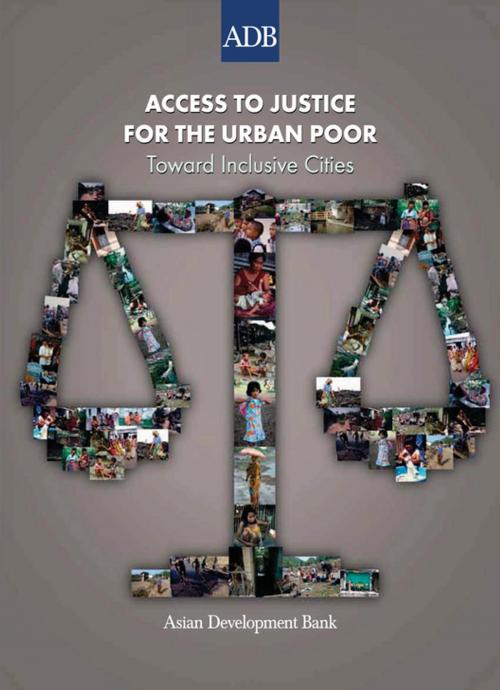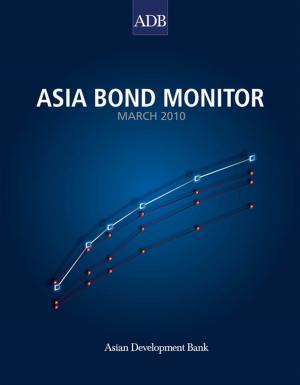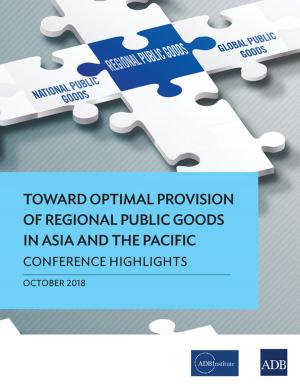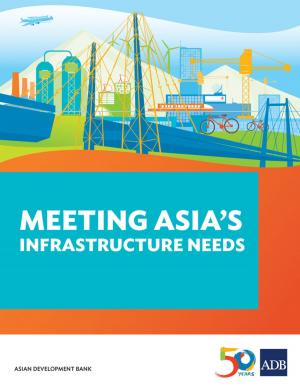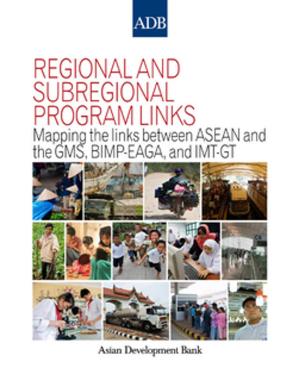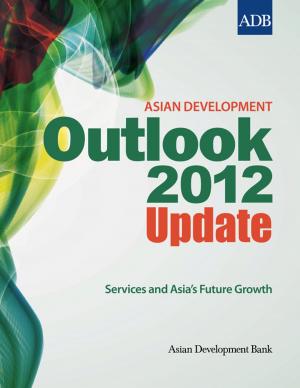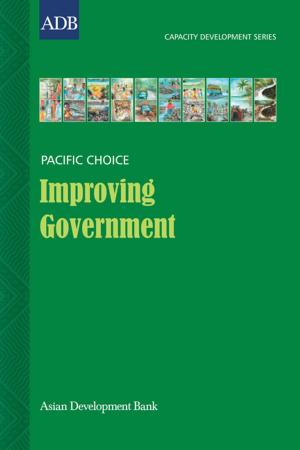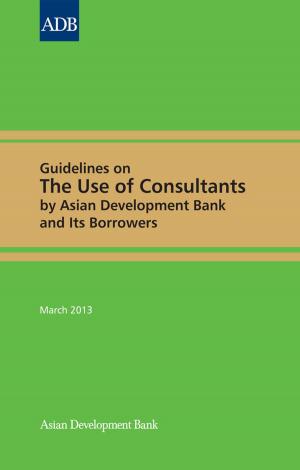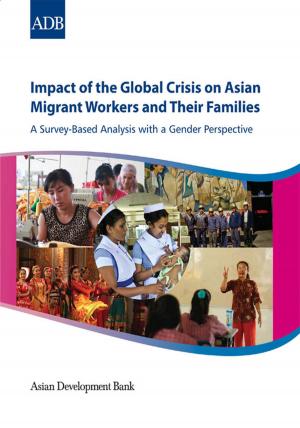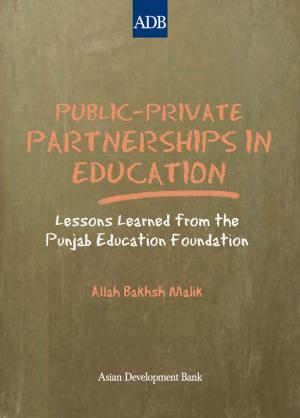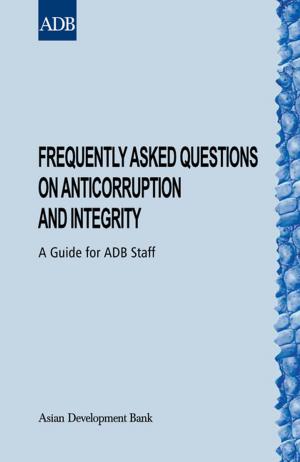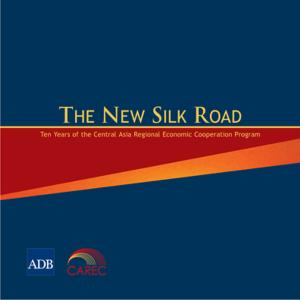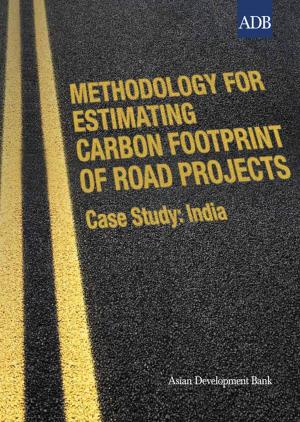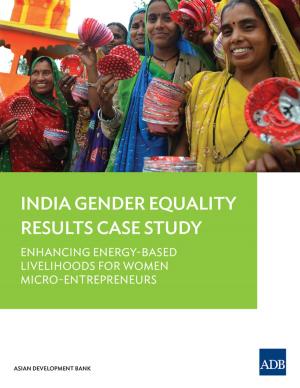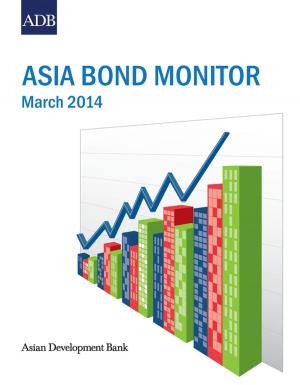Access to Justice for the Urban Poor
Business & Finance, Economics, Sustainable Development, Economic Development| Author: | Asian Development Bank | ISBN: | 9789290920434 |
| Publisher: | Asian Development Bank | Publication: | November 1, 2010 |
| Imprint: | Asian Development Bank | Language: | English |
| Author: | Asian Development Bank |
| ISBN: | 9789290920434 |
| Publisher: | Asian Development Bank |
| Publication: | November 1, 2010 |
| Imprint: | Asian Development Bank |
| Language: | English |
This publication suggests solutions that can be built into the design of urban development projects undertaken by the Asian Development Bank (ADB) to address the common problems and grievances of the urban poor, and to improve urban governance overall. It also identifies succesful or promising community-based approaches to dispute resolution that can be useful in urban project design. It uses ADB's Governance Policy as a framework for analyzing key findings of Access to Justice for the Urban Poor, a regional technical assistance grant to four developing member countries in Asia and the Pacific- Bangladesh, Indonesia, the Hilippines, and Thailand. The findings consist of case studies illustrating typical problems encountered by the poor in connection with access to urban assets and services, and identifies the types of grievances or disputes that may arise because of these issues. The publication reproduces key case studies to illustrate significant concepts.
This publication suggests solutions that can be built into the design of urban development projects undertaken by the Asian Development Bank (ADB) to address the common problems and grievances of the urban poor, and to improve urban governance overall. It also identifies succesful or promising community-based approaches to dispute resolution that can be useful in urban project design. It uses ADB's Governance Policy as a framework for analyzing key findings of Access to Justice for the Urban Poor, a regional technical assistance grant to four developing member countries in Asia and the Pacific- Bangladesh, Indonesia, the Hilippines, and Thailand. The findings consist of case studies illustrating typical problems encountered by the poor in connection with access to urban assets and services, and identifies the types of grievances or disputes that may arise because of these issues. The publication reproduces key case studies to illustrate significant concepts.
